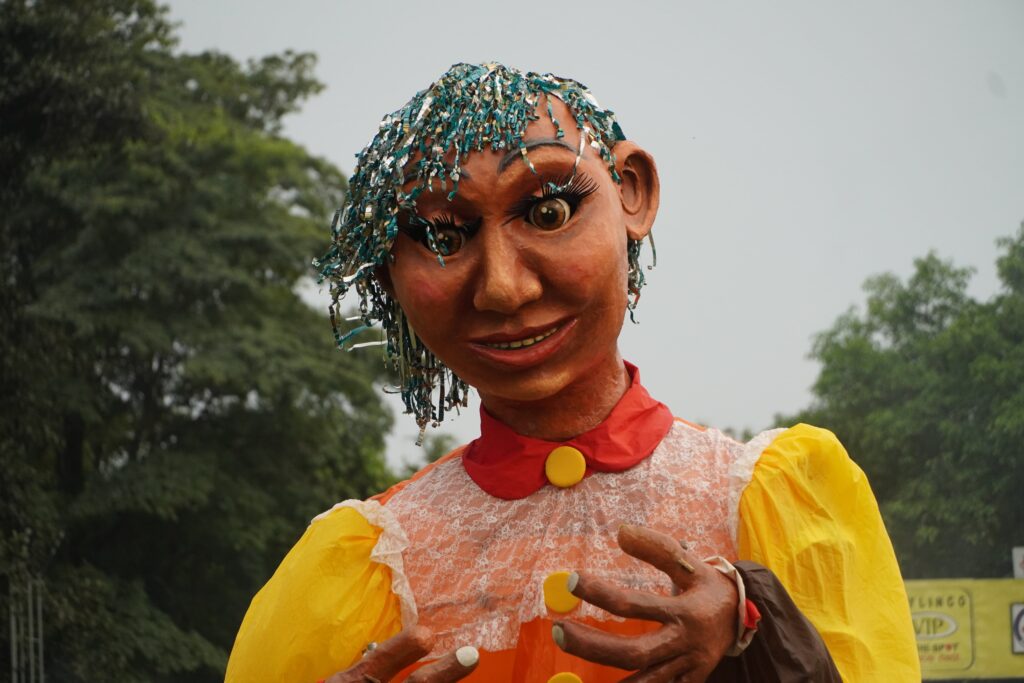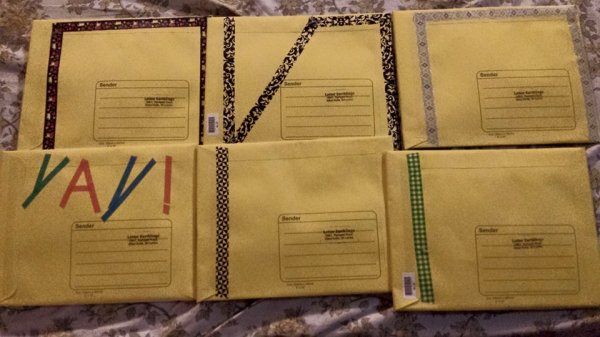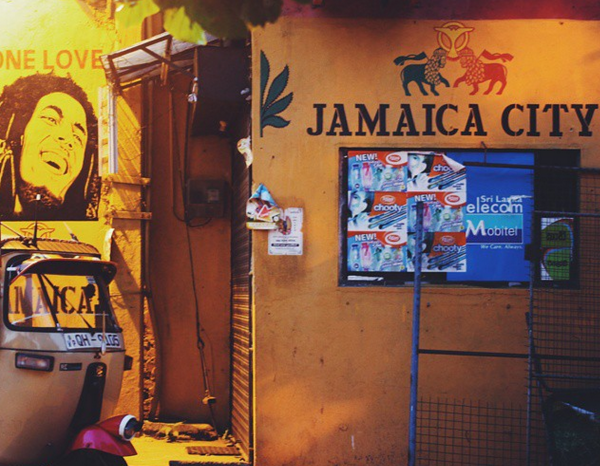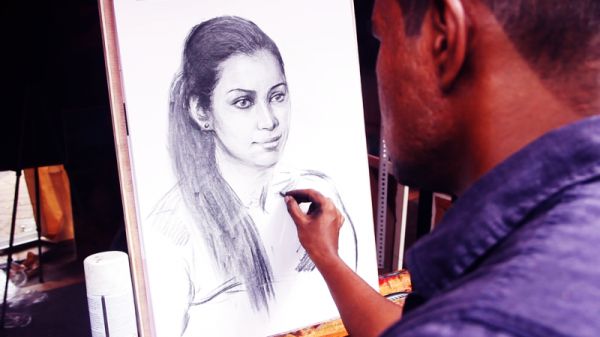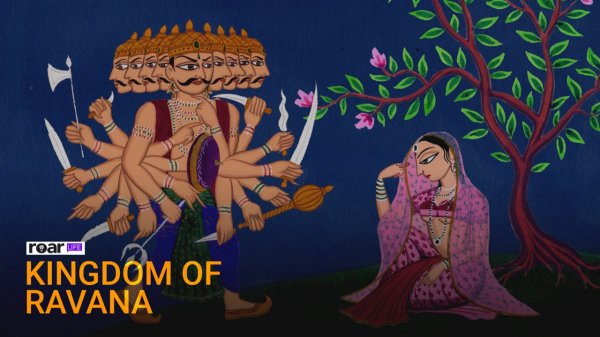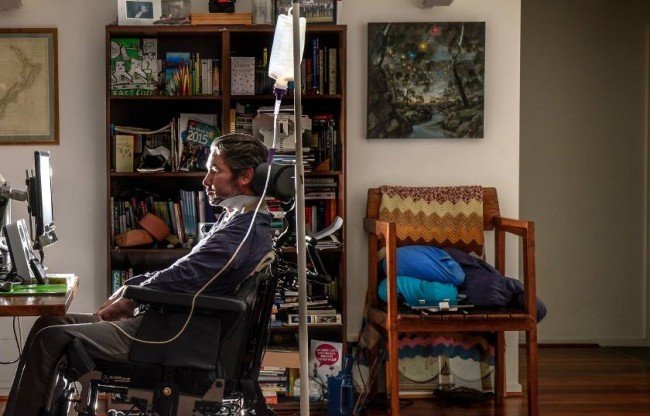
“Make morning into a key and throw it into the well, go slowly ,my lovely moon, go slowly. Let the morning sun forget to rise in the east, go slowly, my lovely moon, go slowly.”
-Khaled Hosseini, The Kite Runner
A collection of stories appreciating love, life and family, Go Slowly, Lovely Moon is a delicate little book that makes for light reading despite its heavy undertones. Written by Vinita Piyaratna, the book revolves around her life and little joys, and her eventual diagnosis with a motor neurone disease (MND).
The book doesn’t dwell too much on Vinita’s experience with the disease, but rather upon how she still saw so many blessings to count even as her speech and motor abilities gave way. Even more impressively, she wrote the book while wheelchair-bound, and by communicating solely through type and a lightwriter.
There are multiple variations of MND, a generic term for the condition where motor neurone, or nerve cells in the brain and spinal cord, progressively degenerate. This means that impulses or messages from the brain stop reaching the muscles, and this eventually impacts movement. In Vinita’s condition, the degeneration of muscle cells ultimately leads to muscle wastage, which impacts movement, speech, swallowing, and even breathing. Finally, the only voluntary movement left is of the eyes, and communication is based on eye movements and expressions.
However, brain function is said to be unaffected. This is famously displayed by eminent physicist Stephen Hawking, and his continuing work. He communicates via cheek and pupil movement and a sophisticated computer system – unfortunately far too expensive for the average person.
What do we know about Motor Neurone Diseases in Sri Lanka?
While 2014’s Ice Bucket Challenge did a lot to promote research into amyotrophic lateral sclerosis (also called ALS or Lou Gehrig’s disease), which is a type of MND, it still didn’t quite shed light on where Sri Lanka stood with regard to this condition. It was also seen by many as a superfluous cause as money donated by the challenge was to be pledged to the US ALS charity. MP Buddhika Pathirana also went on air to call it a “conspiracy”, and “similar to a pyramid scheme”.
There have been a couple of general studies conducted that estimate Sri Lanka’s MND prevalence at about 400 cases, but this is based on extrapolated statistics, which use similar countries as a base to estimate another country’s case number as a percentage of their population. In reality, Sri Lanka’s prevalence is far lower than that. The Piyaratna family themselves know of only two other cases in Colombo.
Unfortunately, it’s almost impossible to detect or prevent MND in advance. Early symptoms include almost imperceptible things, like momentarily slurred speech and cramping muscles. The lack of information available in the country is also due to the fact that there is no specific institutionalised care available in the country for MND, or really any other illness which requires long term palliative care. While there are some hospices such as the charity-funded Victoria Home for the Incurables, and a few private nursing homes, ALS is an intensely challenging condition. Patients require 24/7 attention, and nursing staff trained in tracheotomy management.
While in conversation with Vinita’s husband, Sarath Piyaratna, he informed us that Vinita had to seek medical care in Mumbai after an Electromyography (EMG) test. He explained further, “As this is not a common disease, most non-specialised doctors in Sri Lanka and India were unable to diagnose the condition until it had progressed quite far. There was no known treatment available for this, here or in any other country. She underwent stem cell replacement therapy in New Delhi, for three months in 2008 on an experimental basis since there was nothing else to do”.
Life and Resilience with MND
Vinita continued to be a writer and economist, contributing to The Economist’s Intelligence Unit as Sri Lanka’s Country Analyst right until she lost motor skills in her fingers and the ability to use a keyboard. Despite losing movement and communication since 2011, the message of her writing and spirit continue with aplomb.
There are a couple of key points to keep in mind while caring for a loved one with ALS, according to Vinita’s husband. Firstly, ALS requires a high level of palliative care, and providing this effectively over a long period is a serious financial challenge. He added, “Even if the family can afford to provide palliative care at home, it changes one’s whole perspective of life when you feel helpless to ease the long term suffering of a loved one.”
As a caregiver, he explained that the most important step is preparation – to be aware of where the degeneration will ultimately take you.The patient must be aware that they will lose sensation and control everywhere, barring the eyes, so they need to be mentally prepared for these changes. Make arrangements accordingly with family and loved ones about communication and the future. Finding strength through love, and through spiritual means, may bring peace.
While it’s impossible to imagine the extent of the emotional and physical challenges involved with having ALS or caring for a loved one who does, Vinita’s story still inspires. Without the slightest semblance of self-pity or high-brow philosophy, her short book is a charming and relatable narrative about building love, family, laughter, and a home in a new country. If you’re up for some heart-warming simple truths and the occasional giggle, it’s worth a read. In her own closing words:
“So I say “go slowly lovely moon” as I have so much more to do. I have always been a song and dance girl. My song may not be heard and my dance may not have the same steps, but I am still me, Vinita, the one who’s been there all these years, and that is all that matters.”
-Vinita Piyaratna
The book is available on Amazon, and leading bookstores in Colombo. All proceeds go to various charities of Vinita’s choosing.

